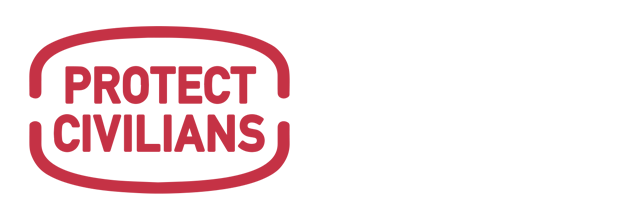
David Cameron now has little time to right a shared legacy of failure on Syria.
Reasons for the UK’s narrow vote to leave the EU are many. One is Syria: Both the Leave campaign and UKIP connected fears over immigration to the Syrian crisis. Assad’s war against Syria’s population has created the worst refugee crisis since the Second World War.
In or out of the EU, we have a duty to care for refugees. We also need to understand that this refugee crisis is not caused by EU rules on free movement; it’s caused by the failure of world leaders, including Britain’s leaders, to stop Assad.
Inaction has consequences. At every point when world leaders failed to act against Assad, the impact of the Syrian crisis on the world increased. The failure of British Government and Opposition leaders on the EU vote is in part a consequence of their failure on Syria, but this story doesn’t end with today’s result. Without action, Syria’s crisis will continue to impact on us all.
Leaders failed to act in October 2011 when Syrians took to the streets calling for a no-fly zone.
By the end of 2011 there were 8,000 Syrian refugees in the region.
Leaders failed to act in 2012 when journalists Marie Colvin and Remi Ochlik were killed reporting from the horror of besieged Homs.
By the end of 2012, there were nearly half a million Syrian refugees.
Leaders failed to act in 2013 when the Assad regime massacred as many as 1,700 civilians in one morning with chemical weapons. That August, there were 1.8 million registered Syrian refugees.
Also in 2013, the UK failed to act when the Free Syrian Army faced attacks by ISIS forces infiltrating from Iraq. Instead of strengthening the FSA to withstand this new threat, UK MPs denied moderate forces the means to defend themselves.
By the end of 2013, there were 2.3 million registered Syrian refugees.
Leaders failed to act in 2014 as the Assad regime ignored UN resolutions on barrel bombing, on torturing and besieging civilians. Diplomacy without military pressure only emboldened Assad to continue the slaughter.
By the end of 2014, there were 3.7 million Syrian refugees.
Leaders failed to act in 2015 as Russia joined Assad in bombing hospitals, humanitarian aid convoys, and rescue workers, and Syrians were denied any means to defend themselves.
By the end of 2015, there were over 4.5 million Syrian refugees.
Now the UK Government is failing to act as Assad breaks ceasefire agreements and breaks deadlines on letting aid into besieged communities. The UK has failed to deliver on airdrops. The UK has failed to apply serious pressure to stop Assad’s bombs.
There are now 4.8 million Syrian refugees in the region. There are many millions more displaced inside Syria. Just over a million Syrians have applied for asylum in Europe, but that is a fraction of the total who have fled their homes.
The refugee crisis is just one impact of Assad’s war on Syrians. Voting to leave the European Union won’t insulate Britain from further effects of Syria’s man-made disaster. This crisis can’t be contained and must be brought to an end, and it can only end with the end of Assad.
Act now. Break the sieges. Stop the bombs. Stop the torture. Stop Assad.


































